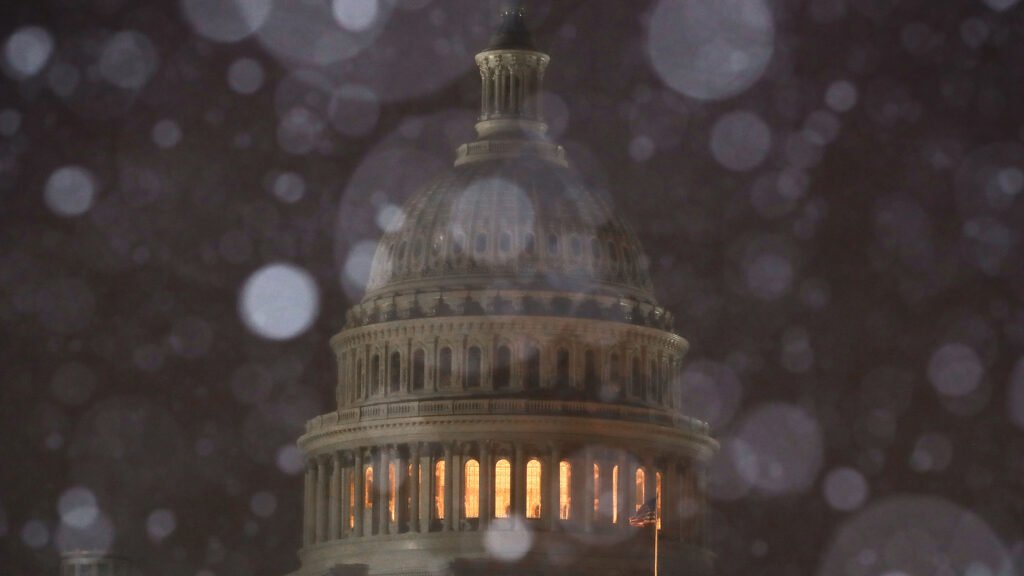The recent cancellation of a health and science conference in San Francisco due to a temporary ban on official travel for Department of Health and Human Services staff has left many scientists and researchers disappointed and frustrated. The conference, which was set to focus on developing AI tools to help diagnose rare diseases, was abruptly shifted to a virtual format and then canceled altogether without explanation.
This incident is just one example of the chaos that has been unleashed across federal agencies by the Trump administration’s freeze on communications, travel, and diversity efforts. The ban on official travel for HHS staff has disrupted numerous events and gatherings in the health and science sectors, causing confusion and inconvenience for participants.
The decision to cancel the conference at the last minute has left many scientists feeling let down and uncertain about the future of their research and collaboration efforts. The lack of transparency and communication from government officials has only added to the frustration and sense of disarray.
In light of these challenges, it is more important than ever for the scientific community to come together and support each other in finding alternative ways to share knowledge and advance research. Virtual conferences and online collaboration tools can help bridge the gap created by the disruption of in-person events, allowing researchers to continue their work and stay connected with colleagues around the world.
As the situation continues to evolve, it is essential for scientists and researchers to stay informed and adapt to the changing landscape of government policies and regulations. By remaining resilient and proactive in the face of uncertainty, the scientific community can continue to make important contributions to the field of health and medicine, despite the obstacles that may arise.


